Food is being wasted at every level of the supply chain and according to Move for Hunger, in addition to the enormous humanitarian cost, our food waste epidemic is also an economic and environmental catastrophe. The statistics are especially staggering in the United States, where Americans throw away 40% of their food—upward of 400 pounds per person per year, reports the World Wildlife Federation.
Davines recently hosted ‘The Beauty of Food Waste’, a panel of six women leading the food waste movement, as part of a new beauty series hosted on the rooftop, ‘The Beauty of’.
“We wanted to start a dialogue about how eliminating/repurposing food waste could create positive social and environmental change,” says Marketing Director for Davines North America, Hannah Dixon. “As a certified B corporation and a brand focused on educating and sharing our purpose for creating a sustainable world, It’s our responsibility to encourage thoughtful conversations among the community.”
The event featured a discussion between panelists Kay Savile of Pret a Manger, Chloe Vichot of Fresh Bowl, Janet Viader of Toast Ale, Kate Anstreicher of Glynwood Center for Regional Food and Farming, Marisa DeDominicis of Earth Matter and Eileen Banyra of Community Compost Company.
Janet Viader of Toast Ale, says bread is top of the list of our most wasted food items in the US, but they’re on a mission to change that. The brewery uses bakery surplus as a key ingredient in their beer production. Toast Ale is brewed with unsold loaves from bakeries, replacing ⅓ of the regular barley used in beer production.
Chloe Vichot came up with the idea for Fresh Bowl to fight both food and packaging waste. Her fresh and healthy vending machine dishes are served in reusable glass jars that you can return for credit on your next purchase. Fresh Bowl machines are restocked everyday with locally sourced, nutritionist-approved meals prepared daily at their kitchen in NYC’s West Village.
Eileen Banyra founded Community Compost Company to provide residents, businesses and institutions a place to ecologically dispose of food scraps formerly slated for the landfill. They partner with farms and compost facilities in the Hudson Valley to process the food scraps into compost. Banyra says compost is a valuable amendment that restores soil by building health and structure to improve water retention and plant vitality.
Kay Savile says Pret A Manger donates all of their fresh, unsold food nightly to various food shelters and food banks, ensuring as much of their unsold food as possible is given to people in need, instead of ending up as waste. Together with their food rescue partners in the U.S., Pret A Manger donates over 700,000 meals annually to feed the hungry in their local communities.
The Glynwood Center for Regional Food and Farming is an organization that promotes local food production in the Hudson Valley region. According to Kate Anstreicher, a regional food system conserves landscapes, promotes biological diversity and mitigates climate change. Anstreicher says food grown and raised regionally with best soil-building practices is not only fundamental for human health, but it fosters a strong sense of place, brings people together, and increases social capital for residents from a diversity of social and economic backgrounds.
Earth Matter NY seeks to reduce the organic waste misdirected into the garbage stream by encouraging neighbor participation and leadership in composting. Marisa DeDominicis says the organization endeavors to compost organic waste locally, and seeks to educate, encourage, and support ongoing community composting efforts.
‘The Beauty of Food Waste’ featured greens, bites and beauty samples from Gotham Greens @gothamgreens, Pret A Manger @pretusa, Davines @davinesnorthamerica and Comfort Zone @comfortzone.
‘The Beauty of’ series was started by Hannah Dixon as a way to share Davines’ purpose for creating a world using beauty as a force of good. ‘The Beauty of Waste’was the second panel discussion in the series, following ‘The Beauty of Us’ which brought female entrepreneurs together for a conversation about how women can have each other’s backs.
“Since joining Davines and seeing the incredible rooftop our building has in Manhattan, I realized the potential for these rooftop conversations with thought-leaders and consumers. We’re a family company and it’s important for us that consumers feel welcome in our ‘home’. We love hosting face to face community events, whether it’s a yoga class, or an in-depth discussion about the sustainability,” says Dixon.
by Jaclyn LaBadia
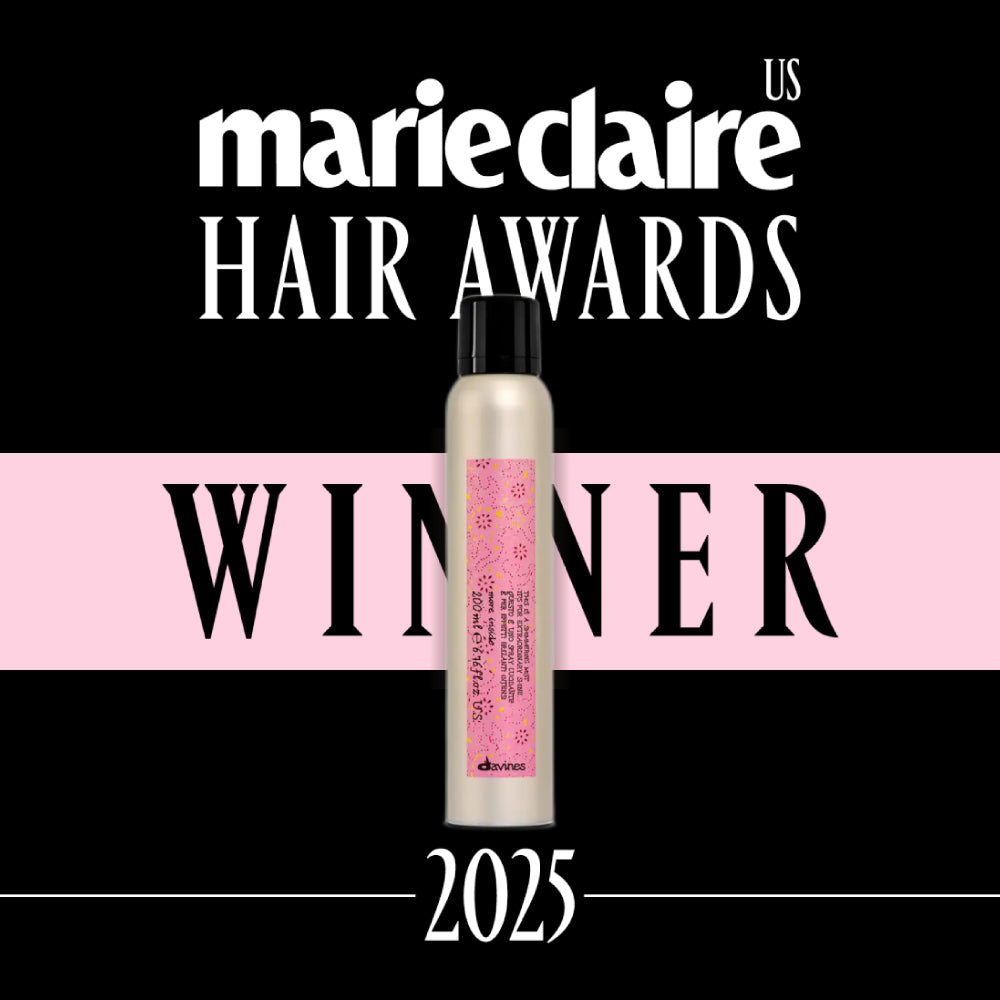

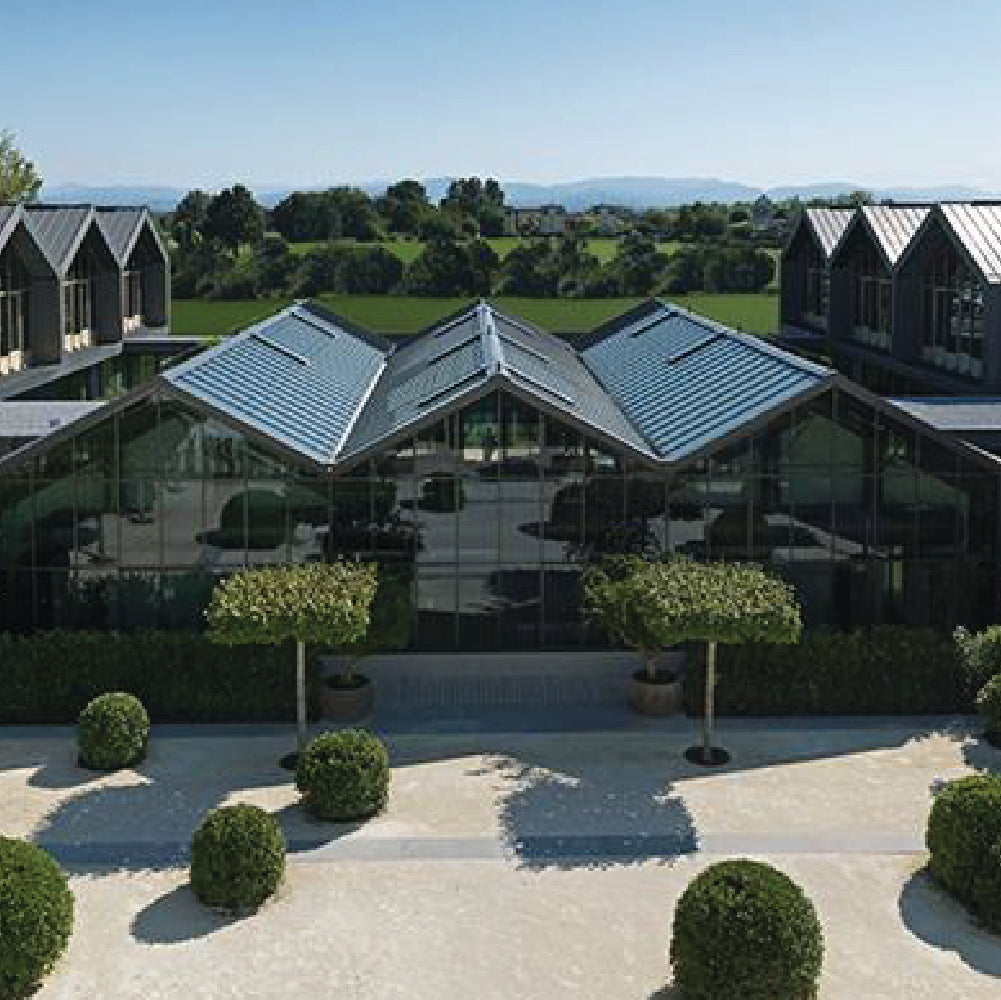
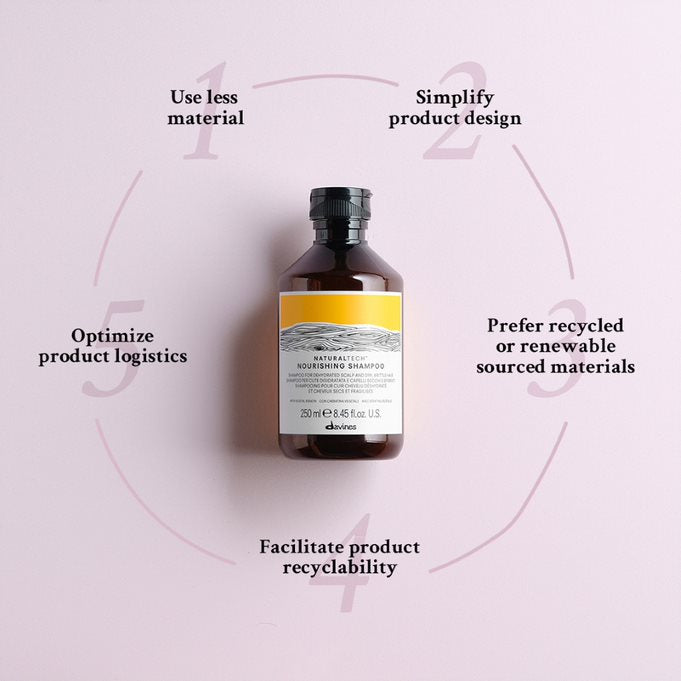
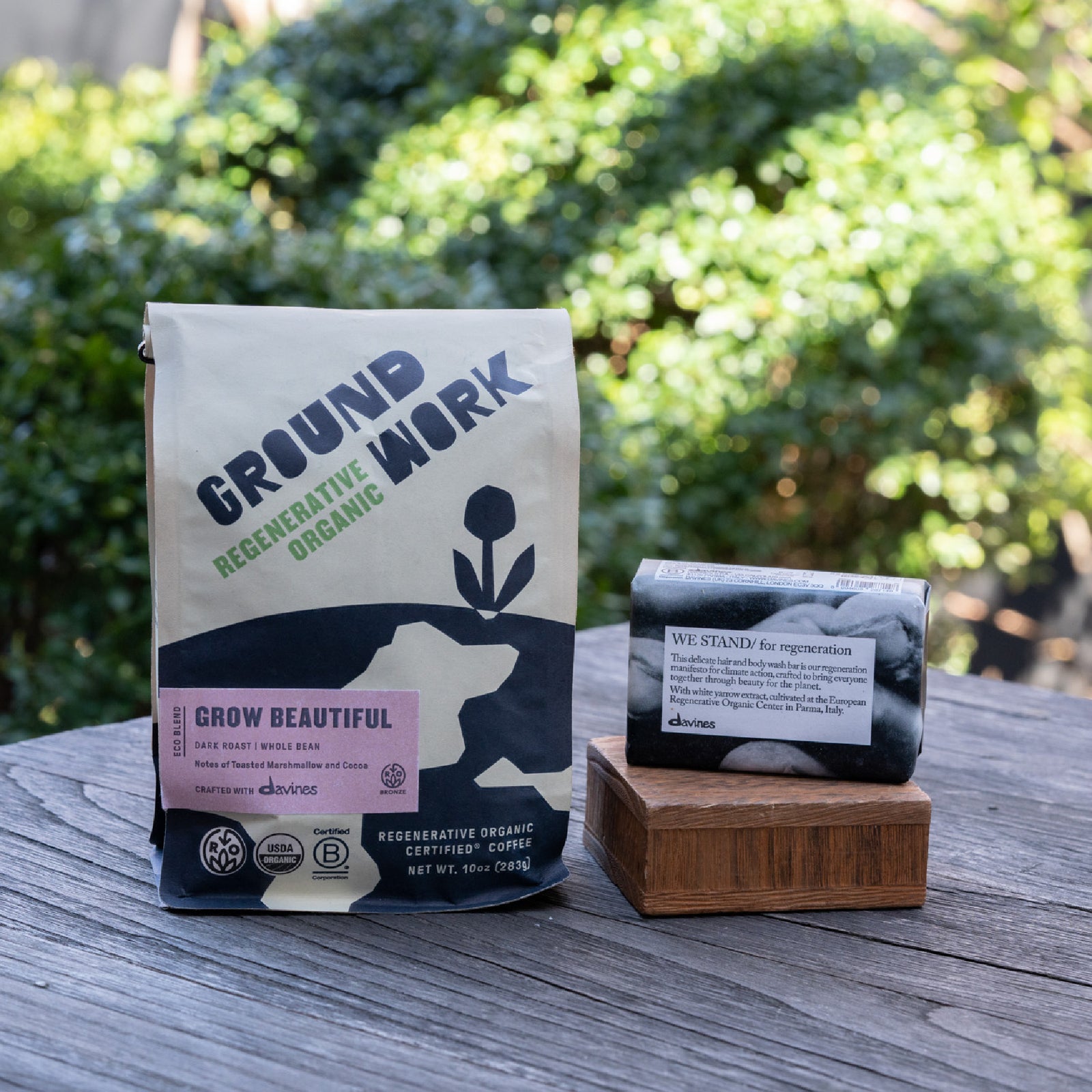
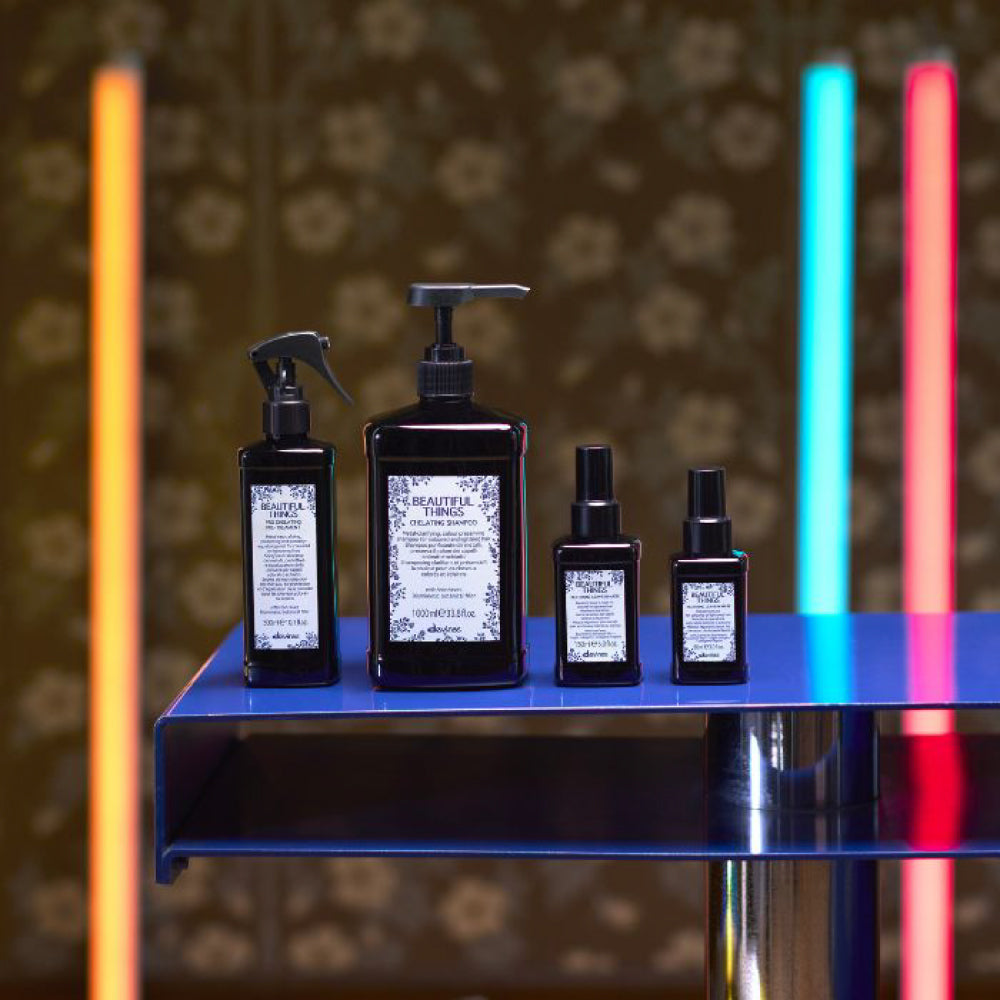

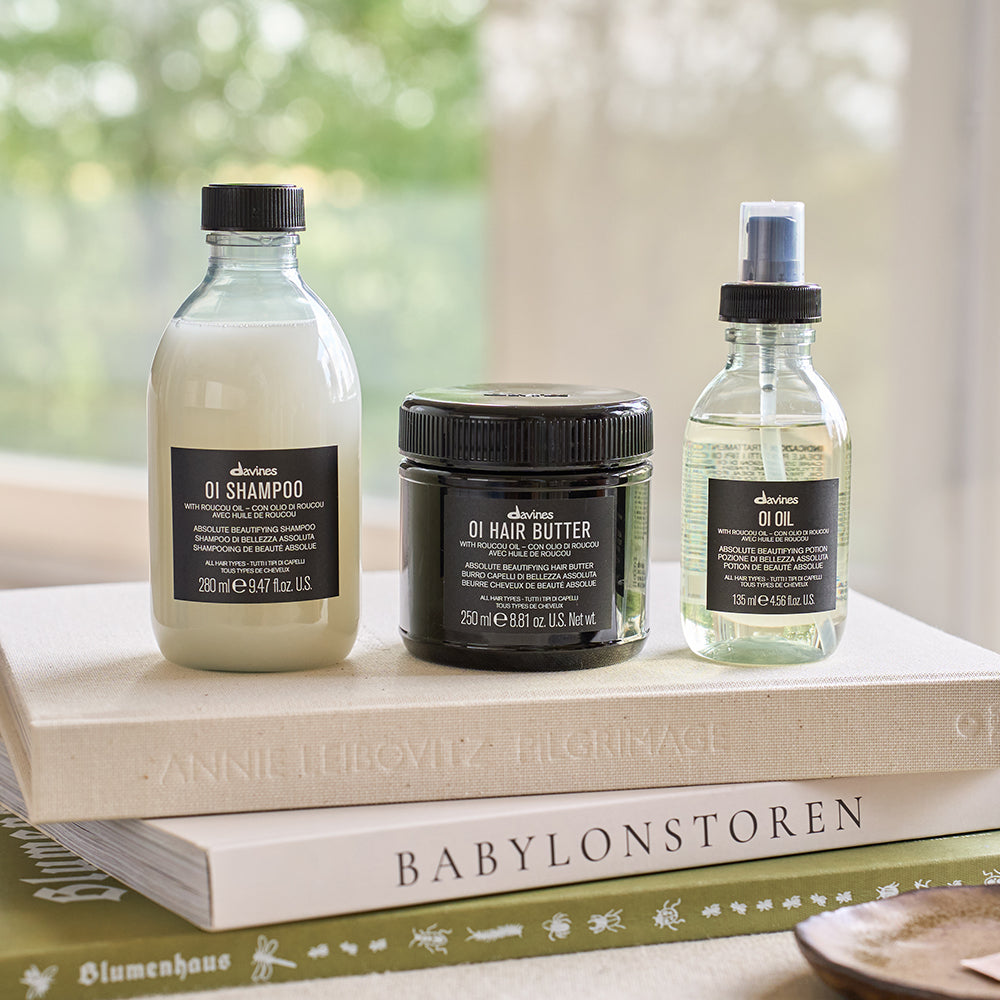
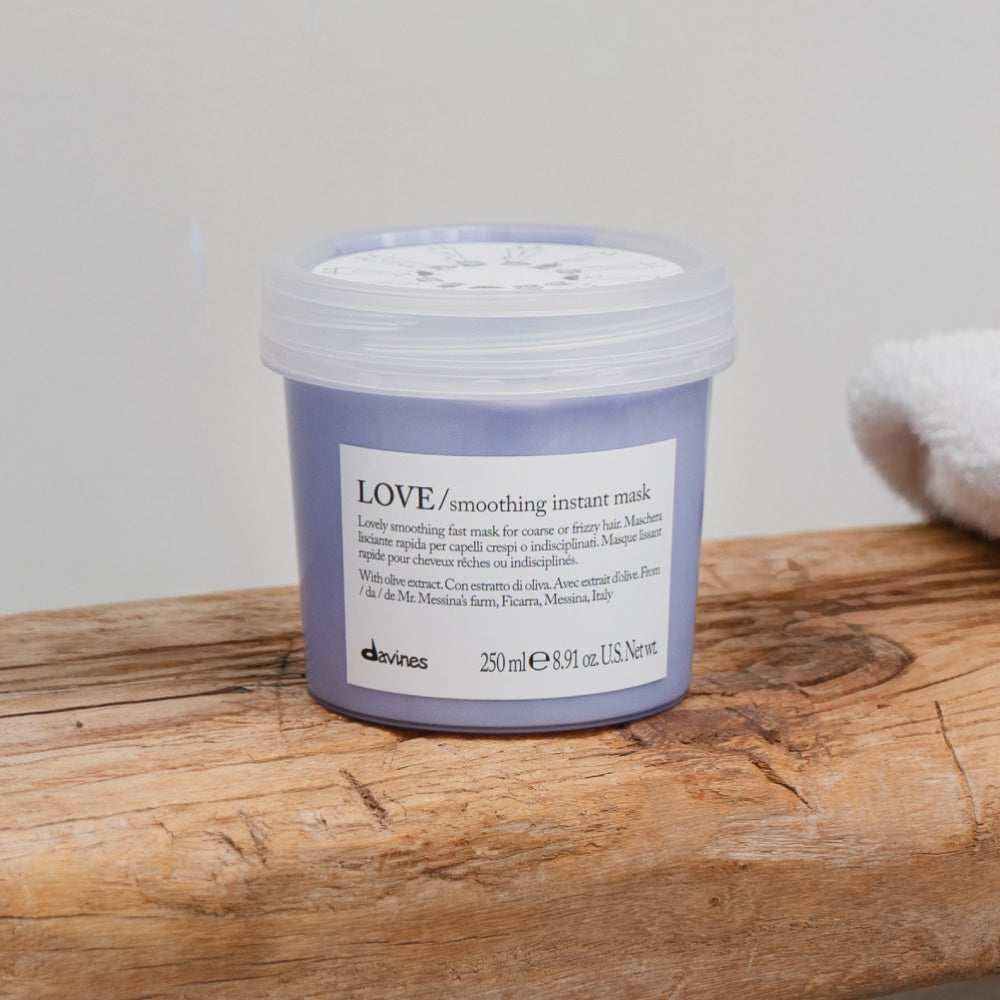
Leave a comment
Comments will be approved before showing up.